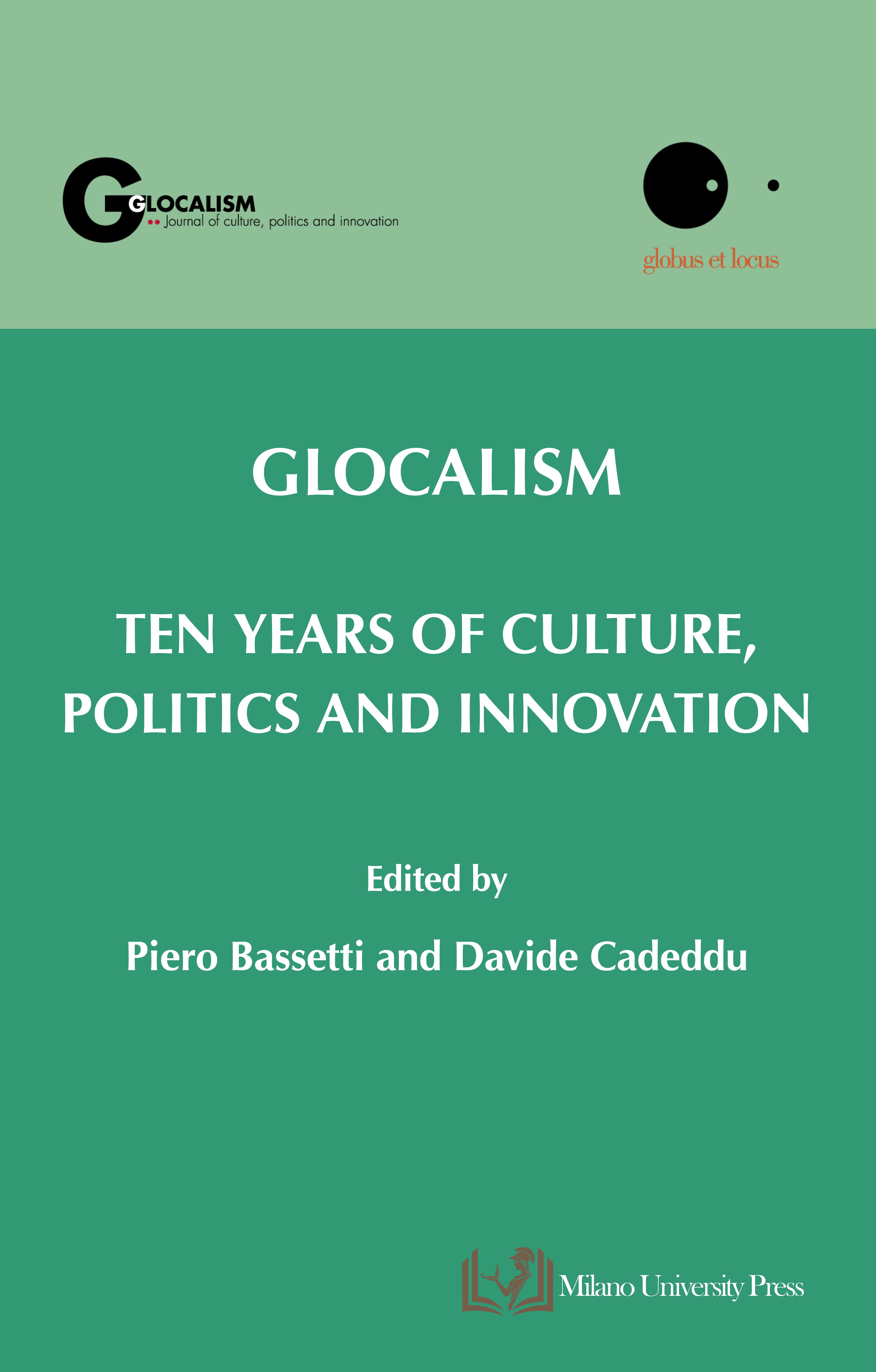Digital Nomads Employment in the Online Gig Economy
DOI:
https://doi.org/10.12893/gjcpi.2018.1.11Keywords:
digital nomads, location-independent, technology, travel, freelanceAbstract
In 1997, Tsugio Makimoto and David Manners published their future-looking manifesto Digital Nomad that, decades later, would present as a manifesto for a lifestyle movement. At the time, businesses and the US government were interested in looking at tele-commuting, productivity, and work-family balance. Critiques of a neoliberal economy provide insight into understanding the context of freelance and online, piecemeal employ- ment. This article examines the types of employment that digital nomads engage in, based on in-depth interviews with thirty-eight self-identified digital nomads. The participants mostly originate from wealthy, industrialized nations, and have many class privileges, but are underemployed compared to what their socio-economic status would historically suggest. As most participants are in the Millennial Generation, an overview of the shifting socio-economic status of this age-cohort is examined in the United States, United Kingdom, Australia, and the European Union – notably their high educational achievements and increasingly precarious employment status. Many of the nomads were working part-time with their own micro-business, with few able to maintain full-time employment. Few have bene- fits such as healthcare, retirement, unemployment insurance, or family leave. While “freedom” is touted as the benefit of gig-work, by both industry management and digital nomad enthusiasts, this lifestyle marks a shift towards precarious employment – itself not a basis for economic freedom, nor security.

Downloads
Published
How to Cite
Issue
Section
License

This work is licensed under a Creative Commons Attribution-ShareAlike 4.0 International License.











